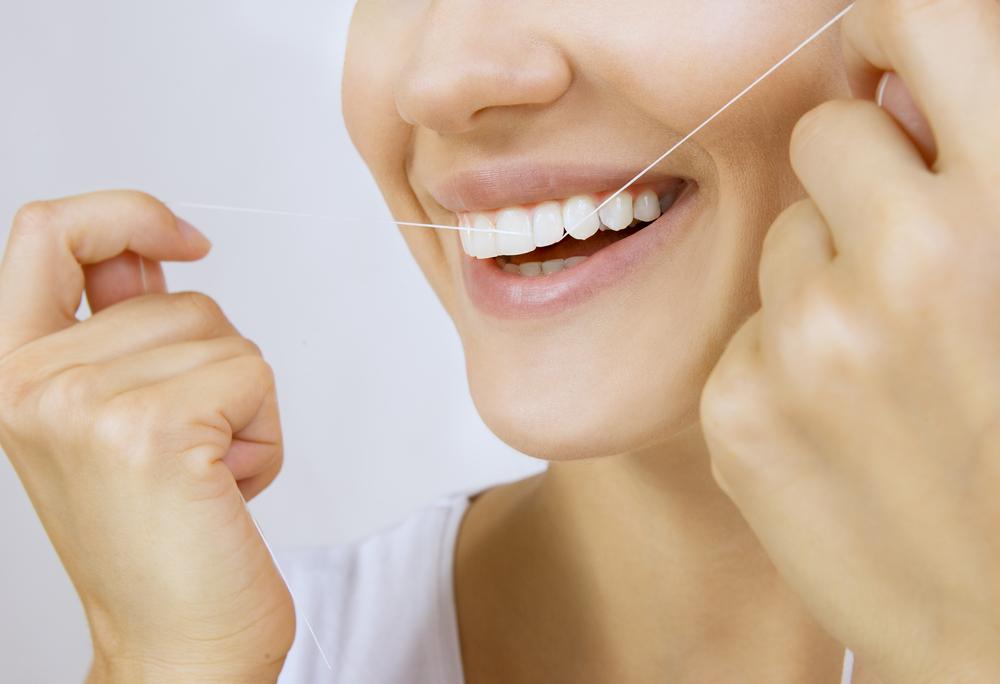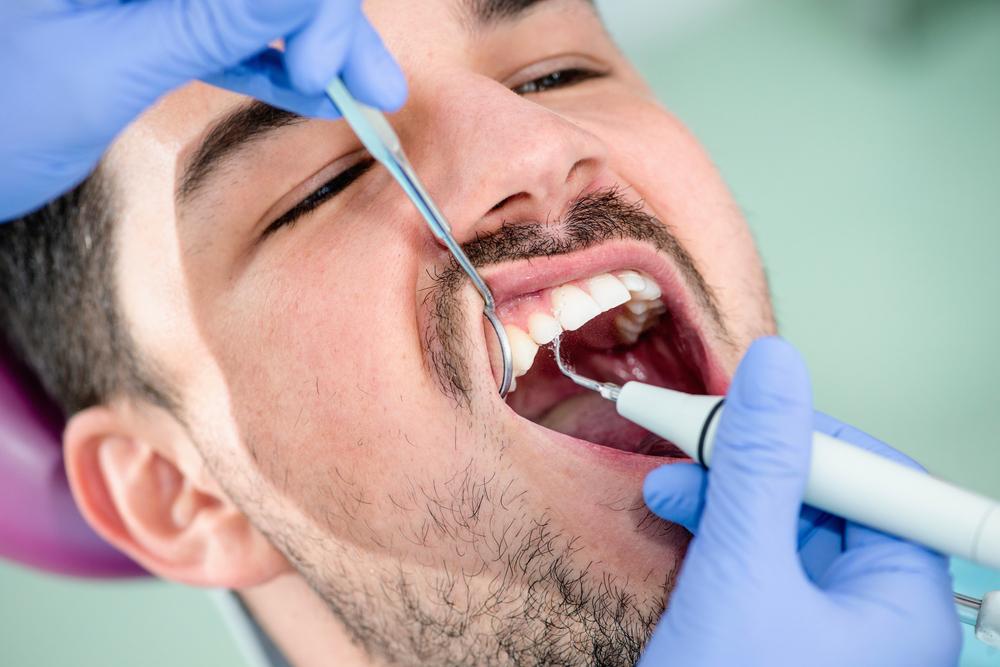Effective Strategies to Relieve Dry Mouth Discomfort
Discover practical and effective methods to manage persistent dry mouth, including hydration tips, oral hygiene practices, and lifestyle adjustments. These strategies help prevent cavities and infections, enhance comfort, and improve overall oral health. Regular dental visits are also recommended for long-term relief and addressing underlying causes of xerostomia.
Sponsored

Experiencing occasional dry or sticky sensations in the mouth is common. However, persistent dry mouth, medically known as xerostomia, often signals an underlying issue and requires attention. It is especially prevalent among seniors and can result from ongoing treatments or health conditions. Proper management is essential to prevent complications such as dental decay or infections. Implementing simple remedies can significantly ease symptoms and improve oral health.
1. Chew Sugar-Free Gum
Chewing sugar-free gum, candies, or lozenges stimulates saliva production, helping keep the mouth moist. Opt for products without sugar to prevent bacterial buildup, cavities, and bad breath. These remedies offer quick relief but are temporary. Incorporating other treatment methods is advisable for long-term comfort.
2. Prioritize Oral Hygiene
Maintaining oral cleanliness is crucial. Brush and floss at least twice daily, rinse after meals, and use a tongue scraper to remove bacteria and debris. These practices reduce the risk of cavities and infections that can worsen dry mouth. Consistent oral care is vital, especially when saliva flow is compromised.
3. Incorporate Specialized Mouthwash
Using mouthwash enhances oral hygiene by eliminating harmful bacteria. Selecting formulations designed for dry mouth helps sustain moisture levels and prevent gland inflammation. Avoid harsh, drying ingredients to ensure the mouth remains adequately hydrated.
4. Stay Well-Hydrated
Drinking ample water and consuming water-rich foods keeps the mouth moist. Always carry a water bottle and sip throughout the day. However, consulting a healthcare professional about ideal hydration levels is important, as overhydration can cause complications.
5. Use a Humidifier Indoors
Indoor dryness can aggravate dry mouth. Employing a humidifier adds moisture to the air, reducing oral cavity dehydration—especially during sleep or extended periods indoors.
6. Reduce Caffeine and Sugar Intake
Caffeinated drinks, particularly coffee, can exacerbate dryness. Switch to decaffeinated options when possible. Sugary beverages contribute to tooth decay and should also be limited to improve oral health and alleviate symptoms.
7. Breathe Through Your Nose
Mouth breathing often leads to dry airways. Conditions like colds or exertion can cause unintentional mouth breathing, especially during sleep. Making a conscious effort to breathe nasally helps maintain moisture and reduces nocturnal dry mouth problems.
Beyond home remedies, scheduling regular dental check-ups is essential. Dentists can diagnose underlying issues early and recommend targeted treatments, ensuring comprehensive dry mouth management.






